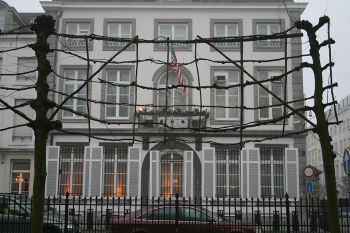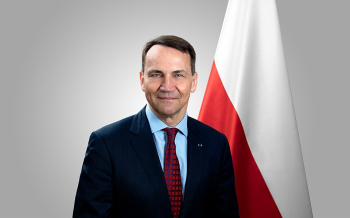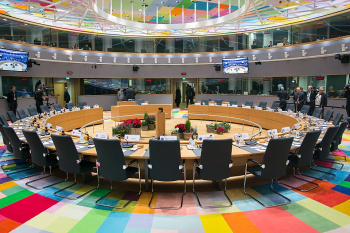
The Commission welcomes the swift political agreement reached yesterday between the European Parliament and EU Member States on the Digital Markets Act (DMA).
The regulation, agreed in slightly more than a year after it was proposed, is among the first initiatives of its kind to comprehensively regulate the gatekeeper power of the largest digital companies.
Executive Vice-President for a Europe Fit for the Digital Age, Margrethe Vestager, said: “What we want is simple: Fair markets also in digital. We are now taking a huge step forward to get there - that markets are fair, open and contestable. Large gatekeeper platforms have prevented businesses and consumers from the benefits of competitive digital markets. The gatekeepers will now have to comply with a well-defined set of obligations and prohibitions. This regulation, together with strong competition law enforcement, will bring fairer conditions to consumers and businesses for many digital services across the EU.”
Commissioner for the Internal Market Thierry Breton said: “This agreement seals the economic leg of our ambitious reorganisation of our digital space in the EU internal market. We will quickly work on designating gatekeepers based on objective criteria. Within 6 months of being designated, they will have to comply with their new obligations. Through effective enforcement, the new rules will bring increased contestability and fairer conditions for consumers and business users, which will allow for more innovation and choice in the market. We are serious about this common endeavour: no company in the world can turn a blind eye to the prospect of a fine of up to 20% of their global turnover if they repeatedly break the rules.”
The DMA will apply to gatekeepers, companies which create bottlenecks between businesses and consumers, and sometimes even control entire ecosystems, made up of different platform services such as online marketplaces, operating systems, cloud services or online search engines. These gatekeepers will be subject to a number of clearly defined obligations and prohibitions. These are established by reference to the most unfair market practices, or practices that create or strengthen barriers for other companies, with the overall aim of ensuring the contestability of gatekeepers' digital services.
At the same time, the DMA will create an effective enforcement mechanism ensuring rapid compliance with precise obligations.
The DMA is part of the ambitious reform of the digital space together with the Digital Services Act, aiming at ensuring a safe and accountable online environment. Taken together, this package will establish a comprehensive set of new rules for all digital services, including social media, online market places, and other online platforms that operate in the European Union. This is a key component of the European digital strategy to make Europe fit for the digital age.
The DMA will complement the enforcement of competition law at EU and national level. The new rules are without prejudice to the implementation of EU competition rules and national competition rules regarding unilateral behaviour.
Next Steps
The political agreement reached by the European Parliament and the Council is now subject to formal approval by the two co-legislators. Once adopted, the DMA Regulation will be directly applicable across the EU and will apply six months after entry into force.
Background
The Commission proposed the DMA in December 2020 to address the negative consequences arising from certain behaviours by online platforms acting as digital “gatekeepers” to the EU single market.
When a gatekeeper engages in business practices such as favouring their own services or preventing their own business users from reaching consumers, it can prevent or slow down valuable and innovative services of its business users and competitors. Furthermore, when a gatekeeper engages in unfair practices such as imposing unfair access conditions to their app store or preventing installation of applications from other sources, consumers are likely to pay more or are even effectively deprived of the benefits that alternative services might have brought.
The DMA will be deployed through a robust supervisory architecture, under which the Commission will be the sole enforcer of the rules, in close cooperation with authorities in the EU Member States. The Commission will be able to impose penalties and fines of up to 10% of a company's worldwide turnover, and that may, in the event of repeated infringements, reach up to 20% of such turnover. In the case of systematic infringements, the Commission will also be able to impose any behavioural or structural remedies necessary to ensure the effectiveness of the obligations, including a ban on further acquisitions relevant to the infringement.
Finally, the DMA gives the Commission the power to carry out market investigations that will ensure that the obligations set out in the regulation are kept up-to-date in the constantly evolving reality of digital markets. Photo by Karen Eliot, Wikimedia commons.

















